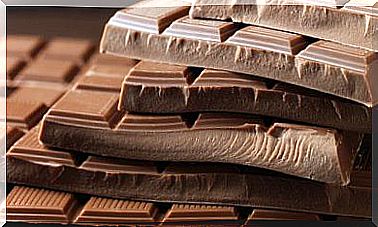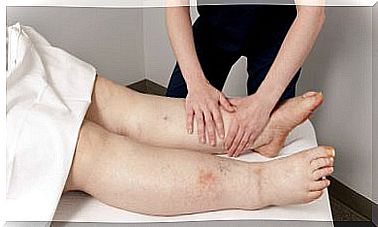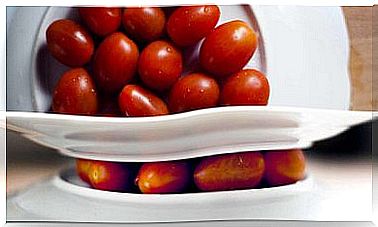Habits Of Good Food Hygiene
It is essential to take care of food hygiene to prevent food spoilage and possible poisoning. Taking good care of the conservation and handling of the products, we ensure that they do not lose flavor during the processes.
On the other hand, we prevent the growth of pathogenic microorganisms that could cause diseases in the digestive tract. What should you keep in mind? We will detail it below.
How to maintain good food hygiene: 6 habits
We are going to tell you which are the most important habits from the point of view of hygiene to preserve the quality and wholesomeness of food.
1. Cleaning
It is essential to take care of the cleanliness of the products and utensils that are going to be used during handling. Therefore, hands should be washed before coming into contact with food.
Knives and cutlery must be well clean as well, and it is preferable that they are washed in hot water to remove food debris and possible bacteria.

2. Cooked
Another important factor when we talk about food hygiene is the cooking itself. The high temperatures serve to improve the flavor of the preparations and to eliminate the bacteria and pathogenic organisms existing in them.
As detailed in a publication in the medical journal Epidemiology and Infection , heat is used in industry to improve the preservation of food, and cooking itself can perfectly fulfill this function.
However, you must be careful with overheating food. Once is more than enough so that the product does not lose quality and to prevent the growth of possible bacteria or organisms that have remained in a latent state.
Another critical point is the cooking of the meats. The tendency to leave them somewhat raw inside can be dangerous if the quality or origin of the same is mistrusted.
Chicken, turkey or minced red meat should be cooked perfectly and not leave it red inside. In this way we ensure the perfect food safety of the preparations to be consumed.
3. Cold storage
A critical point in food hygiene is food preservation. This should always be done at low temperatures when it comes to perishable foods or those with a microbiological risk.
Freezing helps to eliminate certain pathogenic organisms such as anisakis from fish. However, simply keeping food in the refrigerator significantly improves its shelf life and reduces risk.
It is necessary to bear in mind that, when defrosting the products, it is advisable not to leave them at room temperature. Thus, the best way to carry out this process is in the refrigerator itself. Thus, it is possible to prevent the growth of organisms that have remained dormant in the food and prevent poisoning.

4. Beware of sauces
Sauces are products that tend to cause food hygiene problems. Their conservation is usually a delicate process that is not always done correctly. You should never leave a sauce at room temperature, much less if it has an ingredient such as egg or tomato.
They are usually an ideal breeding ground for the growth of bacteria that can be harmful to humans. Therefore, it is advisable to keep them in the refrigerator at a low temperature and not consume open jars for more than 3 days after opening.
5. Do not mix food
In the preservation processes it is very important to keep raw food separate from cooked food. Otherwise the bacteria could migrate and contaminate the culinary preparations, causing problems.
It is a good idea to put food in containers with a lid to avoid possible contamination. In addition, in this way its conservation will be improved and the loss of taste or odor will be avoided.
6. Each shelf of the refrigerator has its uses
Refrigerators usually have different shelves and drawers to store different types of food. The way in which the distribution is made is usually represented by drawings, and corresponds to the way in which the cold is distributed throughout the cabin.
Respecting these indications will improve the preservation of food, since not all of them need to be stored under the same humidity and temperature conditions.
The drawers, for example, are usually intended to store vegetables and fruits or fresh food. The first few shelves, however, are usually more suitable for dairy products.
Maintain proper food hygiene to improve health
With all these keys, you will ensure proper food hygiene that will help prevent possible poisoning due to eating food in poor condition. In addition, you will improve the palatability of your preserved products.









